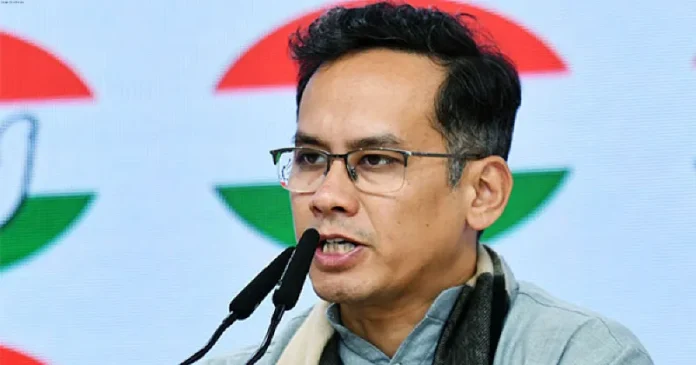AAP Assam has announced its approach to the upcoming Panchayat elections, emphasizing a well-planned strategy to challenge the BJP’s dominance. The state secretary dismissed concerns about vote-splitting, making it clear that the party will field candidates selectively. He stated that where AAP does not contest, they will support the strongest anti-BJP candidate to consolidate opposition votes.
AAP has been steadily expanding its base in Assam, particularly in urban centers. The party’s leadership believes that their growing influence can make a difference in local governance. The secretary explained that the party aims to bring accountability and transparency at the grassroots level by challenging the BJP’s hold on rural administration. He noted that the ruling party has failed to address several issues affecting the common people, including rising unemployment, deteriorating healthcare services, and irregularities in government schemes.
The party has already begun mobilizing volunteers and grassroots workers to engage with voters. AAP leaders are focusing on door-to-door campaigns, highlighting their work in Delhi and Punjab as examples of efficient governance. The secretary stated that people are looking for an alternative, and AAP is positioning itself as the best option for those seeking change.
AAP’s strategy also involves working closely with like-minded opposition parties. While the Congress has traditionally been the main challenger to the BJP in Assam, the emergence of regional parties and AAP’s increasing presence have altered the political landscape. The secretary emphasized that their primary objective is to prevent a division of anti-BJP votes, which could inadvertently benefit the ruling party. He mentioned that seat-sharing discussions with other opposition parties are ongoing, and they are confident of finding common ground in several constituencies.
The BJP has dismissed AAP’s plans, arguing that the party has little influence in Assam. However, AAP leaders believe that their focus on local governance and corruption-free administration will resonate with voters. The secretary pointed out that BJP leaders underestimate the frustration of the people, who are increasingly disillusioned with unfulfilled promises.
On the ground, AAP’s campaign is focusing on issues such as irregularities in Panchayat funds, the need for better infrastructure, and improving the delivery of basic services. The party has been collecting grievances from residents and compiling a detailed action plan to address them. The secretary stated that AAP is not just another political party but a movement committed to bringing real change.
Criticism from the ruling BJP has not deterred AAP’s efforts. The secretary acknowledged that political attacks are expected but stressed that the party remains focused on its mission. He added that their strategy of contesting selectively and supporting opposition candidates where necessary is aimed at maximizing the impact of every vote.
As election preparations intensify, AAP is strengthening its organizational structure across districts. The party has been holding meetings, training sessions, and workshops to equip its workers with the necessary skills to connect with voters effectively. The secretary expressed confidence that their approach will help consolidate opposition votes and challenge the BJP’s dominance in Assam’s rural areas.
Observers are closely watching AAP’s performance in Assam, as its success or failure in the Panchayat elections could influence its future prospects in the state. The secretary remained optimistic, stating that voters are looking for alternatives and that AAP’s commitment to clean governance and grassroots activism will yield results. He reiterated that the party is here to stay and will continue to challenge the BJP’s stronghold through a strategic and calculated opposition.




